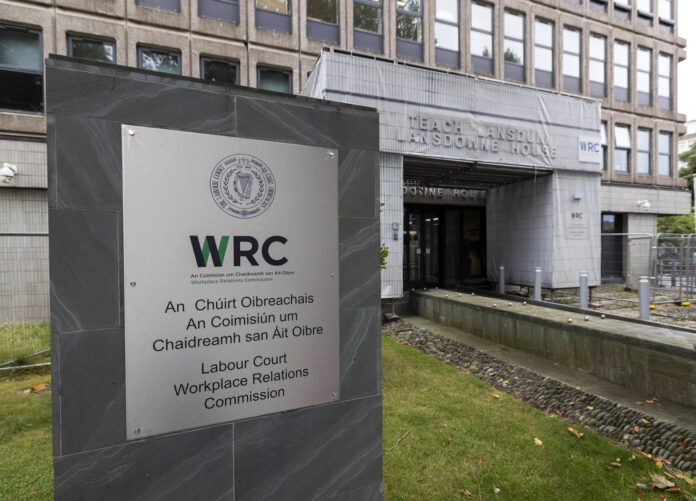
COMMUNICATION between civil servants and elected representatives ground to a halt this week as part of strike action initiated by public service trade union Fórsa.
The strike action comes after more than 85 per cent of Fórsa members in local authorities voted over the issue of fair job evaluation.
According to Fórsa, workers in local authorities are not being given proper job evaluation, arguing that pay grade is not in line with their official responsibilities.
The union claims that there has been an “abject failure” at management level to engage meaningfully in resolving the dispute, even after the issue came before joint referral to the Workplace Relations Commission (WRC).

- External Walls: Up to €8,000 Grant
- Attic: Up to €1,500 Grant
- Cavity Walls: Up to €1,700 Grant
- Internal Dry Lining: Up to €4,500 Grant
Fórsa are now calling on the WRC to reconvene urgently to work towards a resolution between Fórsa members and the Local Government Management Agency (LGMA), who is engaging on behalf of local authorities nationwide.
The strike, which began on Monday of this week (September 11), has seen Fórsa members instructed to cease written, verbal, and email communications with non-statutory political representatives.
The result of the strike being that union members have refused to engage with emails, telephone calls, text messages, and letters with local councillors, senators, TDs, ministers, and MEPs.
There has also been a stall on members assisting with councillor queries and parliamentary questions, face-to-face discussions about work queries from elected representatives, and the provision of routine updates on issues like road closures, water, and street cleaning.
Fórsa argue that almost 10,000 local authority jobs were lost following the last financial crisis and that workers had to step up to take on duties above their pay grade as a result, leading to a “significant grade drift” between workload and pay compensation.
The LGMA say that all workers in the local authority sector are being paid the appropriate rate for their roles.
According to a spokesman from Limerick City and County Council, public services have seen “minimal disruption” across this week, with services to members of the public not impacted.
The Council further added that its current staffing is in line with pre-crash figures of around 1,600.
As regards how many workers are presently taking part in strike action in the Limerick local authority, the Council refused to be drawn stating that “membership of a trade union is considered a special category data” under GDPR.
A statement from the LGMA said that the body has “consistently advised Fórsa that this issue is broader than the local authority sector and should be dealt with at central level on a public sector wide basis.”
“Following the WRC engagement, it was open to Fórsa to refer the matter to the Labour Court, instead they have chosen to commence industrial action, contrary to the provisions of the public sector pay agreement Building Momentum.
“Should Fórsa wish to follow the established processes within the State’s Industrial Relations procedure, the LGMA, on behalf of local authority management, will engage with same.”
Fórsa have said members will be escalating strike action throughout next week, with a 24-hour email ban on Friday September 22, followed by a 48-hour telephone ban on September 26 and 27 to include calls on all local authority phones, including video calls and social media platforms.

